I wonder who made my Ethical Clothing?
Before Ethical Fashion became the marketing term to use for selling handmade products. Few on-line websites selling handmade products ever use this term. Handmade, Organic and Sustainable were the marketing terms of choice to influence consumers in these Niche products.
I wonder who made my Ethical Clothing?
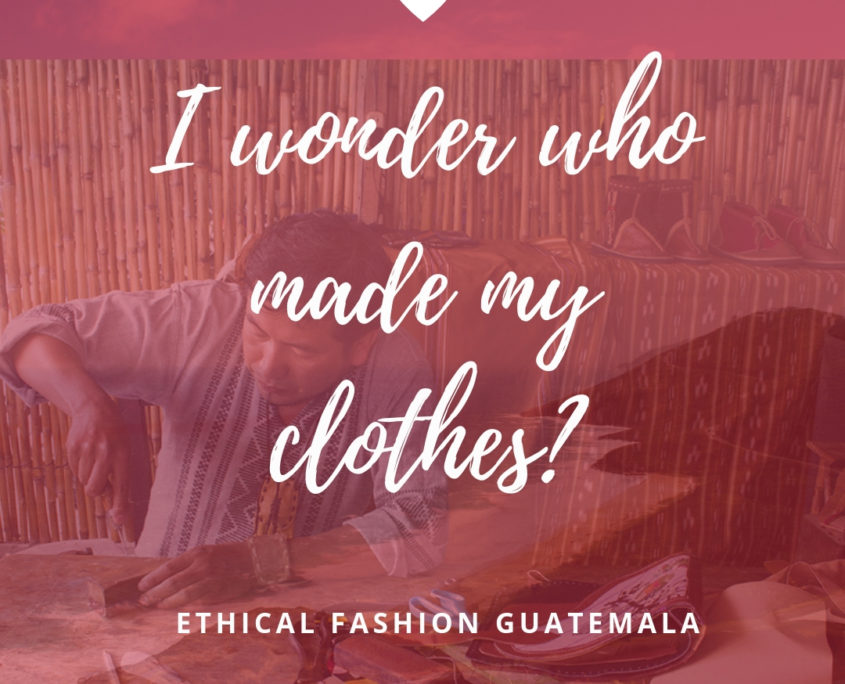
I wonder who made my clothes
Another term which I dislike is “I know who made my Clothes”. Pictures of Factory workers and Artisans holding up these signs. Used by on-line marketers to influence consumers, that you know who made the Clothing you have purchased?
Ethical codes are adopted by organizations to assist members in understanding the difference between ‘right’ and ‘wrong’ and in applying that understanding to their decisions. An ethical code generally implies documents at three levels: codes of business ethics, codes of conduct for employees, and codes of professional practice.
The code is publicly available and addressed to anyone with an interest in the company’s activities and the way it does business. It will include details of how the company plans to implement its values and vision, as well as guidance to staff on ethical standards and how to achieve them.
Over the last two years tens of thousands of websites worldwide use the term without understanding the code or implementing standards within the companies they operate. Yes many claim to have an Ethical page or policy in words only. Not only has the term spread from Ethical Fashion, now Ethical Tours, Ethical Travel, and Ethically Sourced. Again words on a webpage.
Is it right to take advantage of people? I mean the Artisans in developing countries.
If the Artisans live below the poverty line. Is it okay to pay them the average wage of that country?
Then you sell their products for 1000% more then you paid for it.
Because you can and they cannot. You say you are an Ethical Business owner?
In Guatemala the minimum wage was 63.70 quetzales ($8.16) per day for agricultural and nonagricultural work and 59.45 quetzales ($7.61) per day for work in garment factories.
Examples:
You find this amazing Guatemala handmade leather bag on line. Maya Textiles adorn this piece. Asking price between $275-$375 US. Ethical Fashion Guatemala has had numerous websites owners and buyers want the same bag and they would only pay the Artisan that produced it $35.00. One even requested shipping be included.
Ethical Tours and Ethical Weaving Workshops and Classes found on-line. Most guides are pretty well paid. They have gotten smarter. Weaving Workshops and Classes.
Most that offer these are culture exchanges for Tourists, who only pay the Weaver Q150 for a full day class. This amount converts to $ 19.6, which yes is higher than the average pay per day in Guatemala.
Is it Ethical when those promoting these classes charge as high as $150.00 per day for the Participant? Because they can.
How can we be sure we are dealing with an Ethical Source for anything?
Ask questions before you buy.

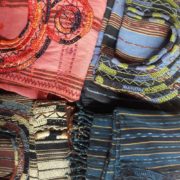
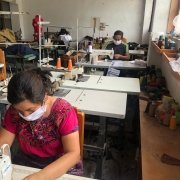 Ethical Fashion Arizona
Ethical Fashion Arizona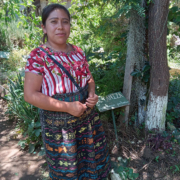 Ethical Fashion Guatemala
Ethical Fashion Guatemala Ethical Fashion Guatemala
Ethical Fashion Guatemala 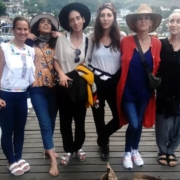 Ethical Fashion Guatemala
Ethical Fashion Guatemala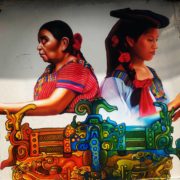
 Ethical Fashion Guatemala
Ethical Fashion Guatemala
Leave a Reply
Want to join the discussion?Feel free to contribute!